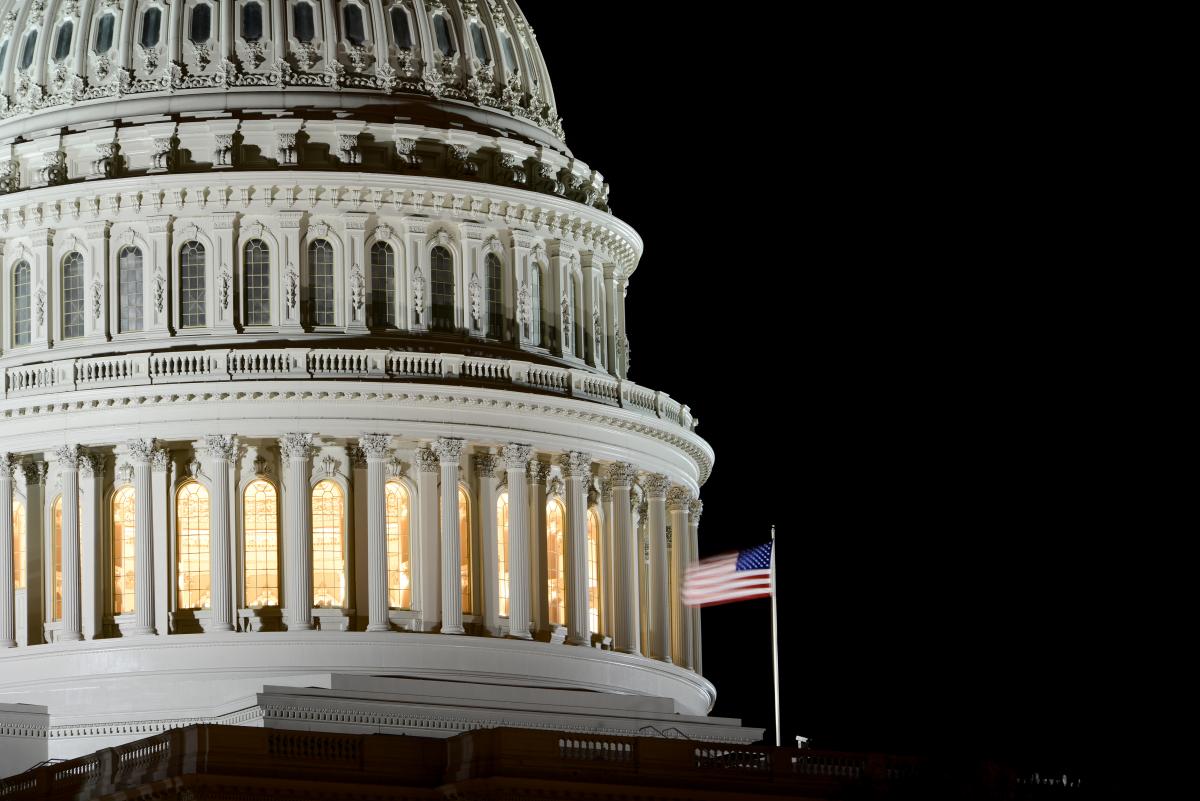
 Additional pension smoothing relief and new reporting requirements for digital assets are headed for enactment under the bipartisan infrastructure legislation passed by the House of Representatives Friday, Nov. 6.
Additional pension smoothing relief and new reporting requirements for digital assets are headed for enactment under the bipartisan infrastructure legislation passed by the House of Representatives Friday, Nov. 6.
Capping a months-long delay and protracted internal negotiations among Democrats, the House approved the $1.2 trillion Infrastructure Investment and Jobs Act (H.R. 3684) by a vote of 228-205, with 13 Republicans voting for the bill and six Democrats against it. The Senate approved the bill in August on a 69-30 vote, meaning the legislation is now cleared for President Biden’s expected signature.
And while they made some progress toward bringing up the larger, $1.85 trillion Build Back Better Act, which includes the Mega and back-door Roth changes, consideration of that bill was delayed until after House members return from a recess this week.
Pension Smoothing
In what many characterize as a budget gimmick because the provision is scored as raising revenue in the near term, the pension smoothing provision was included in the nearly 3,000-page bill to help offset the cost of $550 billion in new infrastructure spending.
The provision provides plan sponsors more flexibility in funding their pension obligations by adjusting the funding stabilization percentages that were included in the American Rescue Plan (ARPA) that was enacted in March. The bill also further extends the stabilization period from 2029 to 2034. The amendments made by H.R. 3684 apply with respect to plan years beginning after Dec. 31, 2021.
For a table summarizing the minimum and maximum percentages included in the infrastructure legislation, along with the corresponding calendar years, click here.
Digital Asset Reporting
H.R. 3684 also expands information reporting requirements to include “digital assets,” including cryptocurrency. The legislation defines digital assets as “any digital representation of value which is recorded on a cryptographically secured distributed ledger or any similar technology as specified by the [Treasury] Secretary.”
The definition of “broker” will also be modified to include “any person who (for consideration) is responsible for regularly providing any service effectuating transfers of digital assets on behalf of another person.” In addition, broker-to-broker reporting requirements are expanded to make clear that transfers of digital assets are included. The bill also adds digital assets to existing rules requiring businesses to report cash payments of more than $10,000. The changes are effective for reports to be filed and statements required to be furnished after Dec. 31, 2023.
What’s Next?
While H.R. 3684 is headed for enactment, the fate of the Build Back Better Act (H.R. 5376) still hangs in the balance. The latest holdup appears to center on moderate Democrats, who are insisting on seeing a budget score from the Congressional Budget Office before voting on the bill.
H.R. 5376 is the bill that now includes the proposed limits on so-called “mega” Roths and in-plan Roth conversions that were originally approved by the House Ways and Means Committee in September, then removed during negotiations, and then added back.
The House is scheduled to be on recess this week and it could still take several days for CBO to finalize its estimates of the bill. Additionally, if and when the House does pass the bill and it moves to the Senate, Sens. Kyrsten Sinema (D-AZ) and Joe Manchin (D-WV), or any other Senate Democrat for that matter, could demand additional changes to secure their vote. With an essentially 50-50 split between the parties, the Democrats cannot lose any votes in the Senate.
If changes in the legislation are made by the Senate, the two chambers would have to to resolve the differences between the two versions and approve a final bill again in each chamber. Party leaders are hoping to finalize the legislation before Thanksgiving.
- Log in to post comments
